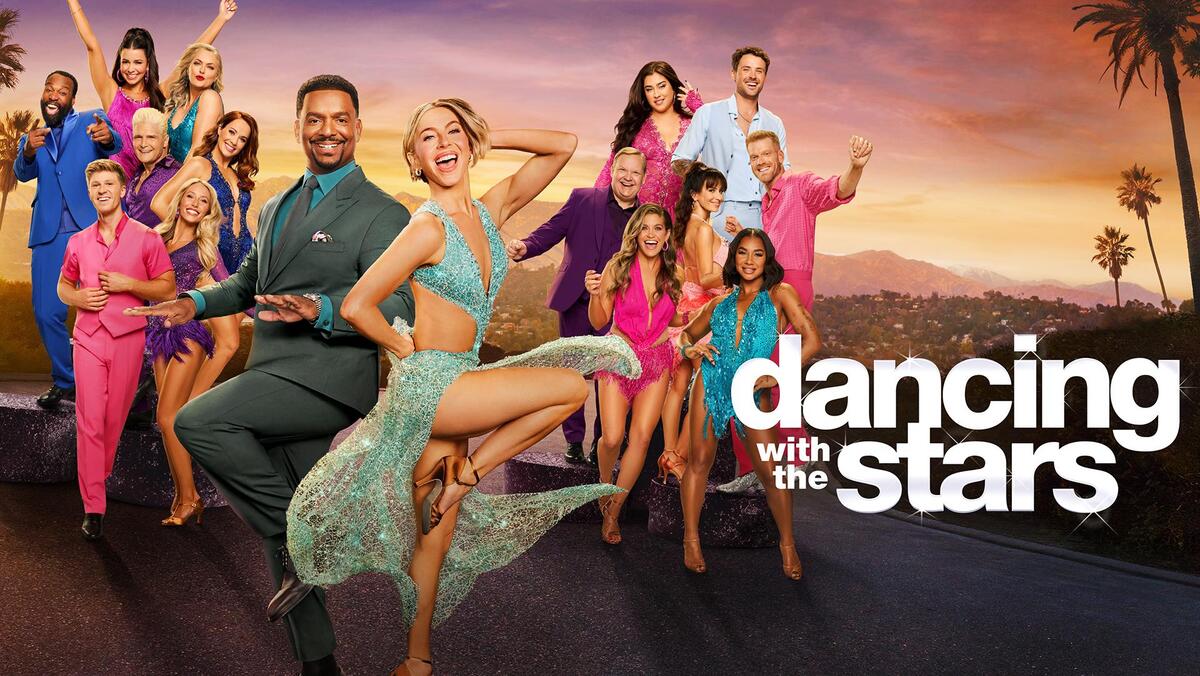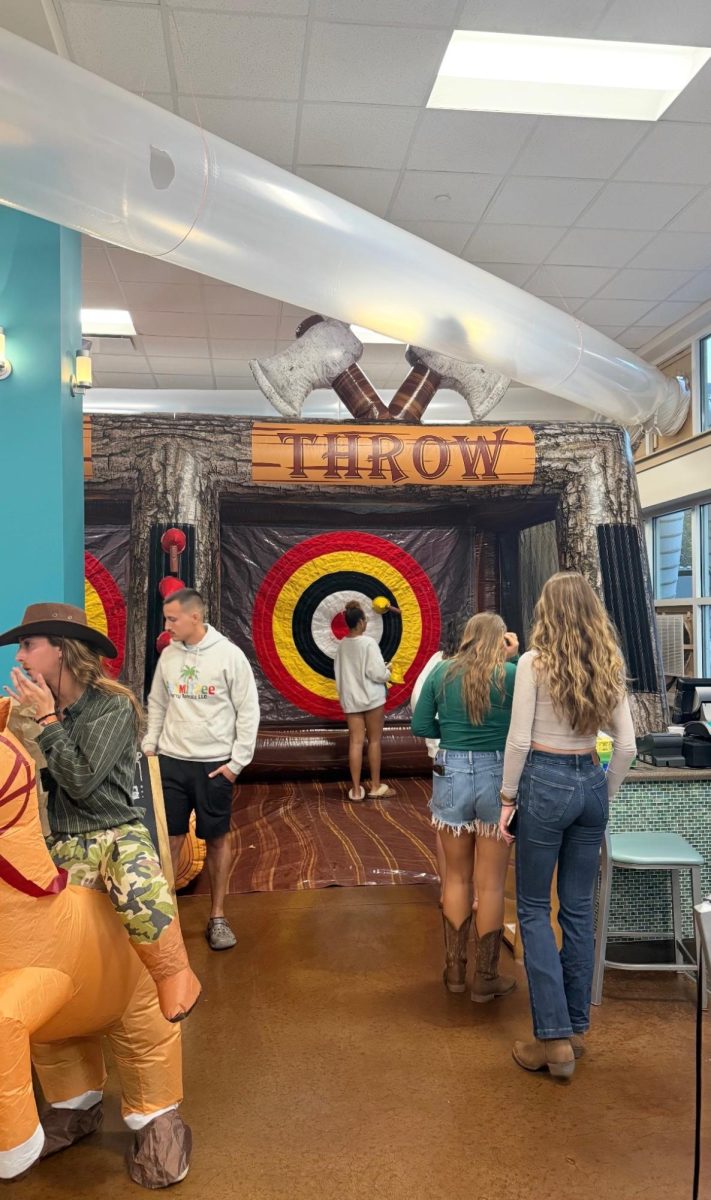Editor’s note: This is a reoccurring column by Madison Sharrock, Managing Editor/Content, a film and production minor who reviews and critiques films.
Although he comes off as an arrogant and immature man with communication issues, Bob Dylan is most relatable in this recent biopic film.
“A Complete Unknown” (2024) follows the American singer-songwriter Bob Dylan and his unforeseen impact on folk music that cost him relationships in exchange for fame. To be bluntly honest, I walked into the theater knowing about three songs by Dylan and nothing about his life. I knew enough to wear denim and an oversized brown jacket– I was only missing a comically large acoustic guitar case.
The film was written for the screen based on the book “Dylan Goes Electric!” by Elijah Wald, published in 2015. Although the film depicts the controversy over intermingling electric instruments into folk music well, I think the movie was mainly focused on his personal relationship turmoil rather than his life with music. “A Complete Unknown” was in good hands directed by James Mangold, who is also known for other biopics such as “Walk the Line” (2005) and “Ford v Ferrari” (2019).
I appreciated the nods toward historical milestones during Dylan’s fame pipeline in the 1960s such as the Red Scare and the Civil Rights Movement. I wish the movie dialed deeper into Dylan’s involvement with civil rights; for running time purposes, I think the producers agreed and settled by including an NYC basement performance of “Talkin’ World War III Blues” featured on his studio album, “The Freewheelin’ Bob Dylan.”

The cast put on such an incredible performance that within half an hour, I forgot they were actors– this is what becomes relatable and familiar while experiencing the movie. Edward Norton plays Pete Seeger, Dylan’s mentor throughout the story. Norton took a chance to play such a supportive, Mr. Rogers-esque character after starring in raunchy dramas such as “Fight Club” (1999), and I was pleasantly surprised how well he fit into it. Elle Fanning depicted Sylvie Russo, Dylan’s initial love interest prior to fame. Fanning’s subtle yet powerful lip quiver while holding back tears as an unfaithful Dylan performed with Joan Baez had an empathetic hold on me in the theater. I am confident to say that Fanning could call her performance “award-winning” one day soon.
Timothée Chalamet, who was also on the production team for the film, delivered a transformative performance as Bob Dylan. Most movies that are near and dear to me feature Chalamet as a supporting character such as in “Little Women” (2019) or a love interest in “Bones and All” (2022). It was great to see Chalamet in a role to call his own.
Chalamet’s singing and dialect hit the nail on the head. He did so well that he is both the host and musical guest for “Saturday Night Live” on the Jan. 18 and Jan. 25 shows.
Again, a flaw most likely due to running time, the film could’ve delved into Dylan’s struggles with substance abuse. However, I thought the film portrayed Dylan as an average, quiet guy with a unique sound who happened to be discovered– it didn’t sugarcoat his story and rather present him as a cheerful and grateful celebrity.
I’m really looking forward to rewatching this movie at home with subtitles so I can catch everything Chalamet mumbled.



















Jim • Feb 9, 2025 at 5:51 am
It is painfully obvious you know little about
Dylan or his career but at least you openly admit it.
I’m glad you liked the film.
Jim • Feb 9, 2025 at 5:43 am
costed him???